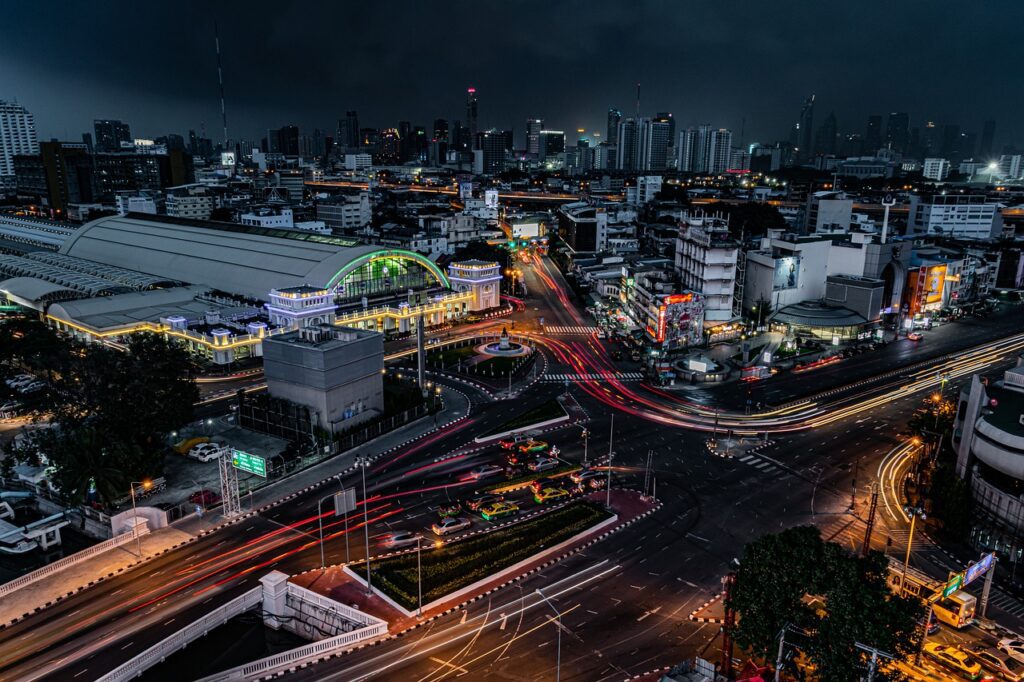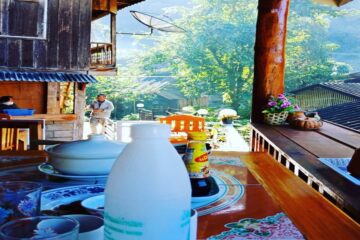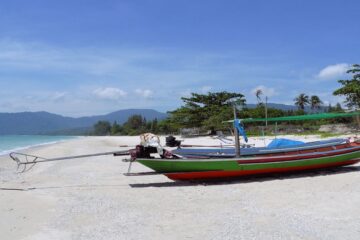Thailand is famous for many reasons, including its delicious cuisine, its beautiful islands, and its chaotic and exciting city, Bangkok. However, there is a subset of visitors that associate Thailand with another negative connotation: prostitution. Though most people laugh about it when they bring it up, there’s no ignoring the fact that it’s widely accessible in Thailand. While it may seem like a recent trend, this practice has really been around for centuries, and despite attempts to stamp it out, it shows no signs of going away any time soon.
Prostitution in Thailand, an old tradition
It’s tragic, but the practice of subjugating women for sexual gain has a long history. From 1351 until 1767, during the Ayutthaya era in Thai history, males would fight for the right to take a woman as a concubine. Because of their status as slaves, they had no choice but to carry out the masters’ orders. In the twentieth century, King Rama V adopted a more Western approach to politics and abolished slavery, ending a system that had been in place for hundreds of years. The tragedy, however, did not stop there.
Abolition granted freedom from slavery, but without the means to provide for themselves, many formerly enslaved people who had not received an education turned to prostitution to make ends meet. The number of brothels grew and quickly expanded throughout the country. Chinese immigrants, drawn to Thailand by the country’s booming rice exports in the mid-19th century, populated this area, creating competition for jobs and, in some cases, for the attention of younger children.
The prostitute business also boomed throughout the war. During their conquest of Thailand, the Japanese military made extensive use of Thai women as prostitutes. Although Thailand was not directly involved in the Vietnam War, it was a favorite destination for American troops on R&R. They rushed to notorious red light districts like Patpong in Bangkok and Pattaya on the coast, both of which are still bustling with prostitution today.
The economical shift of Thailand

The Thai economy expanded as the country became more developed. People in the villages needed money to make purchases as they transitioned from subsistence to a capitalist economy. Many people couldn’t make ends meet, so many resorted to prostitution, sometimes traveling to bigger cities to earn more money before returning home. This practice is still common since it is the sole means of support for many people who live far away from their relatives.
The late 20th century saw significant investment in marketing Thailand as a tourist destination as the Thai government realized the potential of the industry. Because of this, sex tourism has also increased dramatically, to the point that it is believed that more than 4 million foreigners visit Thailand each year just to partake in the country’s sex trade.
Human trafficking and exploitative work in Thailand
Voluntary sex work may be empowering for women because it gives them a sense of control and independence that may be difficult to achieve in other contexts. While this may be the case in the West, it’s sadly not very common in Thailand. Prostitution is a highly exploitative industry, where women are often deceived by pimps and brothel proprietors. Due to its closeness to Myanmar, a country wracked by an insurgency, and other impoverished nations like Laos and Cambodia, Thailand has a significant issue with human trafficking. Another unfortunate truth is that child sex employment exists; only last year, it was rumored that little girls were served as “dessert” to government leaders.
There has been progressing in Thailand’s fight against human trafficking, with the country moving up from Tier 3 to Tier 2 in a recent report by the US Department of State, and partnerships with the FBI and other international organizations, but the problem persists and a culture of victim blaming persists as well.
Today’s prostitution in Thailand

Despite being outlawed since 1960, prostitution is nevertheless prevalent on the streets of Bangkok, Pattaya, and any other significant population center. It’s difficult to stroll along Khao San Road without hearing lips smacking in promotion of the infamous “ping pong performances.” While such acts may not be accessible in every tourist attraction, most Thai towns still have plenty of massage parlors and karaoke bars operating late into the night, with their employees seated outside, encouraging punters to join them.
Politicians have spoken out against the sex business in Thailand, but it will be strong, passionate words and much greater deeds that produce fruit, not lip service. Prostitution is not unique to Thailand, and it’s terrible that such a beautiful nation is often linked with such a horrible thing. The fact is that human trafficking and child prostitution remain huge issues not just in Thailand, but across South East Asia – and it’s past time to address them.





